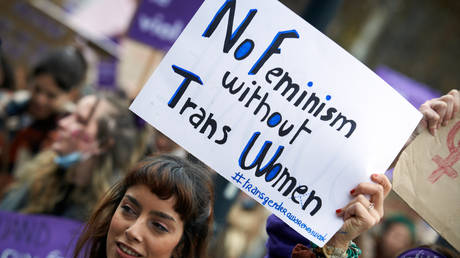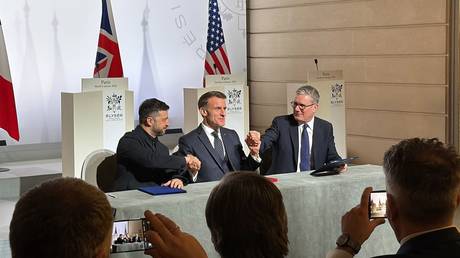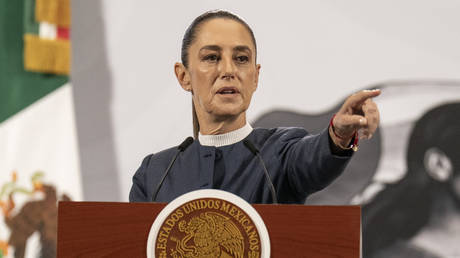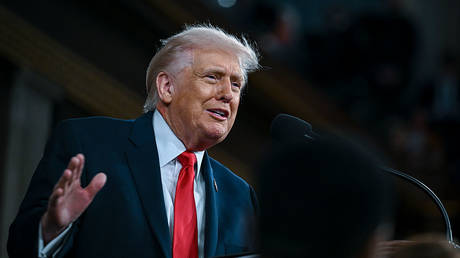
A woman is now also defined as ‘an adult who lives and identifies as female’ even if born otherwise, Cambridge Dictionary says
Cambridge Dictionary appears to have entered the gender wars with a recent update that expands its definition of ‘woman’ to include “an adult who lives and identifies as a female” even though they “may have been said to have a different sex at birth.”
Manhattan Institute fellow Chris Rufo put the change on blast in a tweet on Monday, attracting a firestorm of criticism.
The conservative influencer posted a snapshot of the new definition, which appears on the dictionary’s website after the more commonly-used meaning “adult female human being” – but before the ‘informal’ definition meaning “a wife or female sexual partner.”
Daily Caller reporter Diana Glebova responded with the observation that the entry for ‘man’ had received the same treatment, posting a screenshot of Cambridge’s definition: “an adult who lives and identifies as male even though they may have been said to have a different sex at birth.”
Another user pointed out that Cambridge was also describing the use of the term ‘female’ to refer to women and girls as “offensive.”
While a few users attempted to defend the change by arguing that dictionaries reflected how words were popularly used or pointing out that Cambridge hadn’t deleted the original definition, many ridiculed the move, likening it to Orwellian ‘newspeak’, a totalitarian government’s initiative to control thought by limiting the range of words in use.
READ MORE: California man arrested for threatening dictionary
A spokesperson for Cambridge Dictionary told British media outlets that its editors made the change in October having “carefully studied usage patterns of the word” and concluding that the expanded definition is one that learners of English “should be aware of to support their understanding of how the language is used.”
Cambridge is not the first linguistic authority to tweak the definitions of sex and gender, however. A California man was arrested in April for making “hate-filled” threats to dictionary publisher Merriam-Webster, whose entries for “female” and “girl” had been recently modified to account for “gender identity.”
Americans with more traditional views may remain cautiously optimistic, however, as Cambridge’s ‘American Dictionary’ still defines ‘woman’ solely as “an adult female person.”




